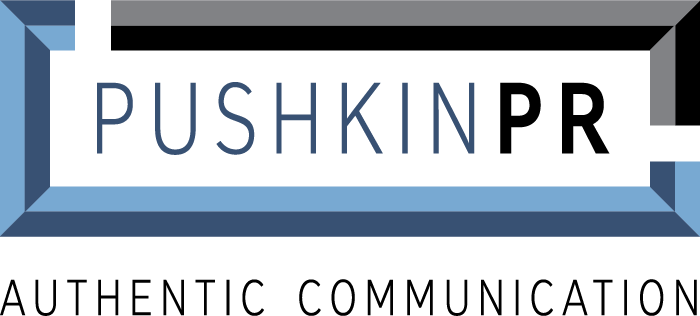
At 75.4 million strong, Millennials—18-34 years old in 2015— now outnumber Baby Boomers, according to The Pew Research Center.
This group continues to grow as young people immigrate to the US. The Millennial population is projected to peak in 2036 at 81.1 million.
As PR professionals, we think a lot about how Millennial consumers are unique from their older counterparts. This is especially true when it comes to healthcare.
So how is the Millennial patient different, and what does it mean for hospitals and healthcare providers?
They take a holistic view of health.
Many Millennials are health conscious. They exercise regularly; eat a healthy diet; and try to get enough sleep, believing a healthy lifestyle will prevent some of the ailments that afflict their parents.
However, the medical scheduling company, ZocDoc, found that 93 percent do not schedule preventive care, and 51 percent visit a physician less than once a year. They are more likely to seek out a variety of treatment options, such as home remedies; urgent care; and holistic measures, like acupuncture or massage therapy.
A survey in the recent Salesforce “State of the Connected Patient” report found that nearly 50 percent of Millennial respondents did not have a regular primary care physician. Instead, many seek healthcare information online to try to solve their medical problems independently.
The takeaway: How does your organization provide valuable information online to its Millennial audience? Think outside of typical medical content, and share information that they will find interesting and useful, like how holistic practices can complement a traditional approach. Use your content to educate them about the importance of preventative care and developing a relationship with a primary care physician.
They like to share their experiences.
Millennials are more likely to share their healthcare experiences—both positive and negative— about a facility or provider on social networks and directly on hospital websites.
Likewise, they put stock in the opinions of others. According to anther Salesforce survey, 76 percent of Millennials said they rely on online physician reviews by other patients when selecting a doctor.
The takeaway: How are you engaging with patients online? The conversation is happening whether or not you are there. Be proactive and respond to reviews. When something negative is shared, demonstrate how you are listening by making changes and then sharing them online.
They have high expectations.
Millennials are accustom to the speed and convenience technology makes possible, and that has influenced how they interact with healthcare. They are more likely to find a new doctor, because of a poor office experience, or opt for a retail clinic or urgent care, if they feel it will address their problems quicker.
In their healthcare interactions, Millennials are looking for the same quality customer experience provided by stores like Apple that deliver expediency, personalization, transparency, and social engagement.
The takeaway: What is the patient experience like at your hospital or office? Formally review the patient experience from beginning to end. Consider patient surveys, time studies, and communication audits. You should be aware of all consumer touch points and strive to give patients a consistent and satisfying experience at each step.
Many have adopted the telehealth model.
According to a 2015 Harris Poll, 74 percent of Millennials surveyed have a strong interest in telehealth (technologies to facilitate long distance healthcare, like video chats, online diagnoses, and virtual prescribing, absent of seeing a patient). Seventy-one percent indicated they would like their healthcare providers to offer them mobile apps for appointment scheduling, health information, and preventive care advice.
A few other interesting statistics:
- 63 percent would like to be able to provide their health data from their wearable devices to their healthcare provider to monitor their health.
- 74 percent value the ability to book medical appointments and pay medical bills online.
- 73 percent would like their doctors to use mobile devices during appointments to share information.
The takeaway: How does your organization use technology to provide a more seamless, convenient experience? Technology is important to this generation. Take a look at how your processes might be streamlined by technology and how you might communicate with your patients virtually.
Need an outside opinion, get in touch with us to discuss how to communicate more effectively to Millennials.
